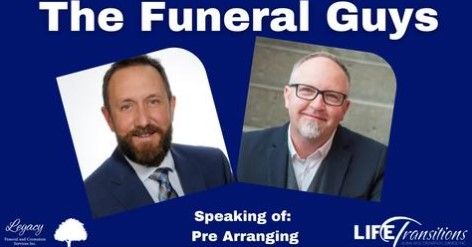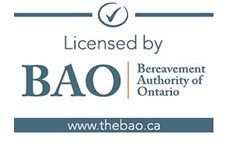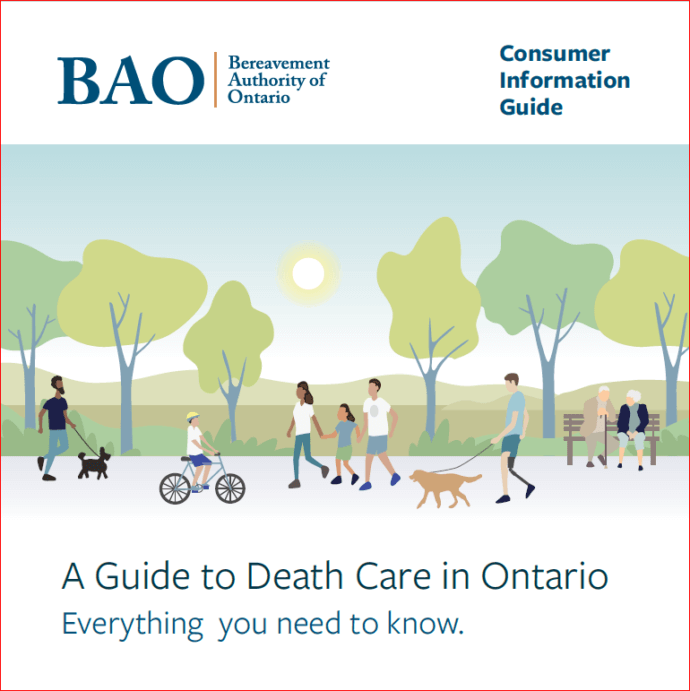The Importance of Comprehensive Pre-Planning
Being in the funeral industry is a very unique experience. We see the entire kaleidoscope of situations and dynamics, the good and the bad. We know the ins and outs of the process that takes place after a death occurs, the dos and do nots, because we have seen the best and worst outcomes. These things become common sense to us, but the sense is far from common.
We may be used to dealing with even the most complex situations, but most people do not know the first thing about what would happen after the loss of a loved one; “I’ve never done this before and I don’t even know where to begin,” is a very common leading statement. Even though we recognise this trend, it does not take an expert to know that our society avoids the topics of death and dying until absolutely necessary. Unfortunately, that usually means a tragedy has already taken place, or is imminent.
Understandably, death is an uncomfortable topic to discuss even when you and those you care about are in good health. However, that is precisely the best time to have those conversations. Consider the alternative; you decide that there is no need to worry about yours or your family’s affairs because you have no reason to think that you will need to deal with it any time soon. Then, you get a phone call that your elderly mother had a fall in the retirement home, or your doctor says they need to follow up on something they found during routine testing. You never know what life is going to throw at you, which is what makes it both beautiful and terrible. You will feel much more secure knowing that if anything were to happen, you have safeguards in place to fall back on.
The funeral industry is not the only one that has been advocating for end-of-life planning. The medical, financial, and legal sects have all been trying to educate the public for decades on the importance of having medical directives and powers of attorney, a valid will, and plans for your estate and all its assets. Without these, you risk leaving your loved ones scrambling to figure out how to manage the estate you leave behind.
We have seen first hand the benefits of comprehensive end-of-life planning, which does not stop with funeral arrangements. This includes talking with a lawyer and forming a will, as well as planning with a financial advisor about how best to set up your finances to the advantage of your beneficiaries. It takes away many headaches to put solutions in place before the problems arise.
If the idea of getting your affairs in order still seems overwhelming to you, here is the best place to start; with your loved ones. Find a time to sit down with them, tell them what your wishes are, and ask about theirs. That is how easy it is to get started, and it can make all the difference.
Recommended reading: "Do Not Ignore Your Mortality: Practical Advice from a Funeral & Financial Insider", by Greg Barnsdale











